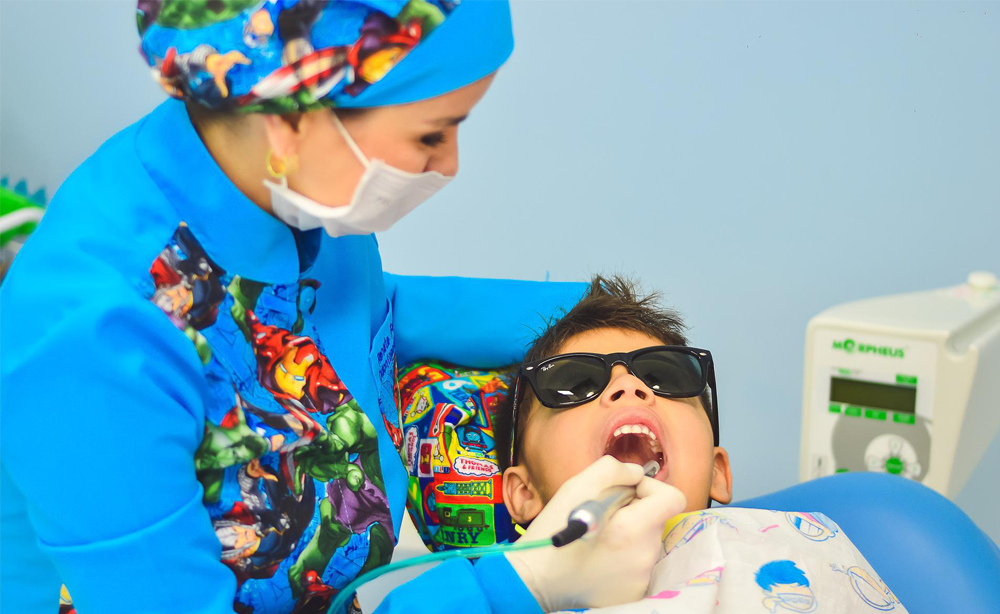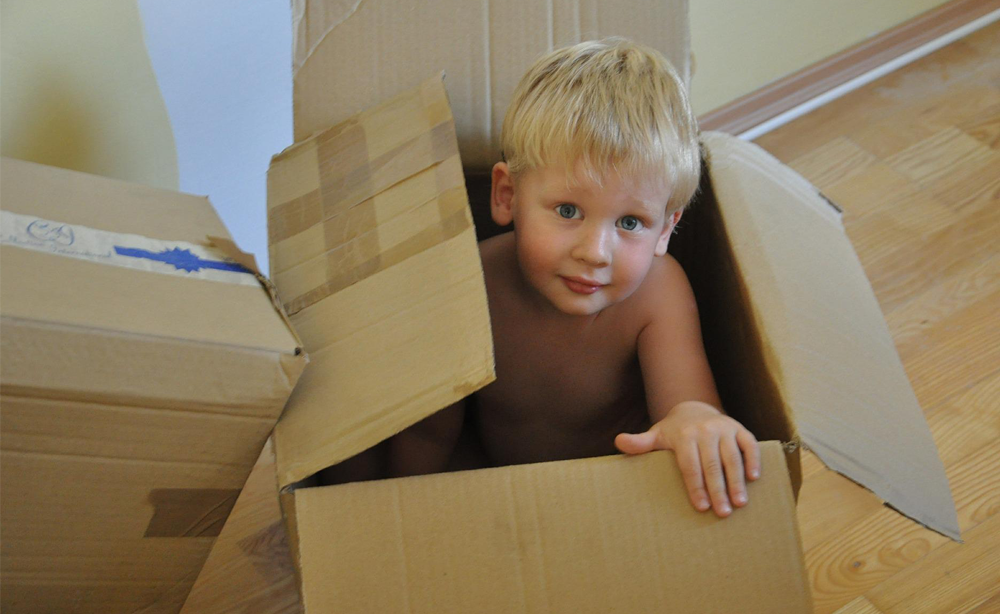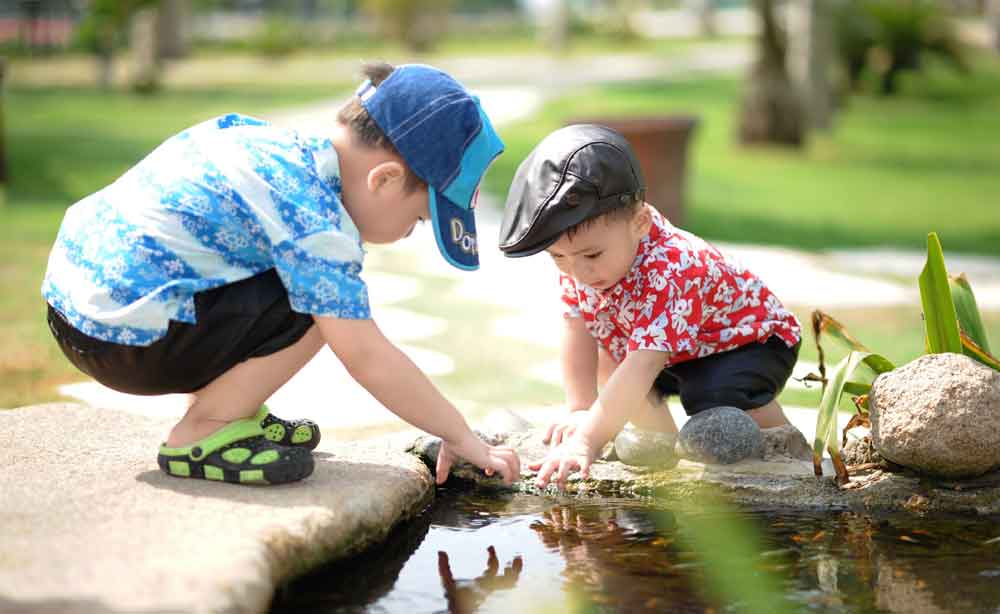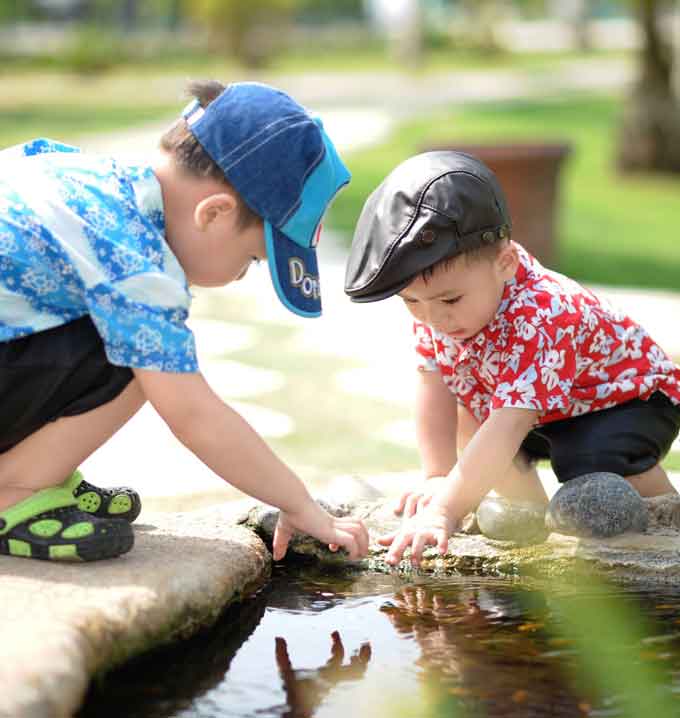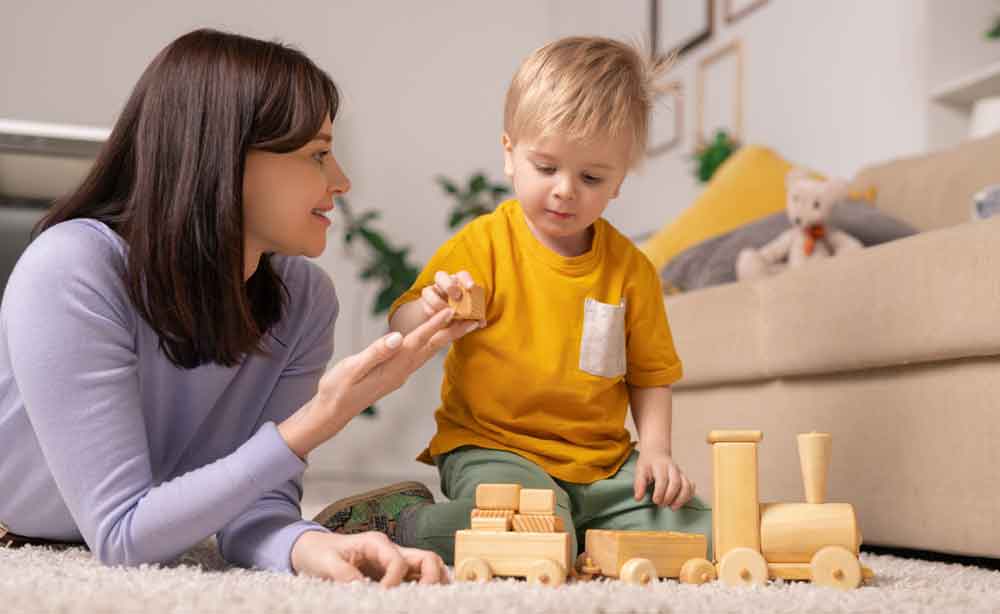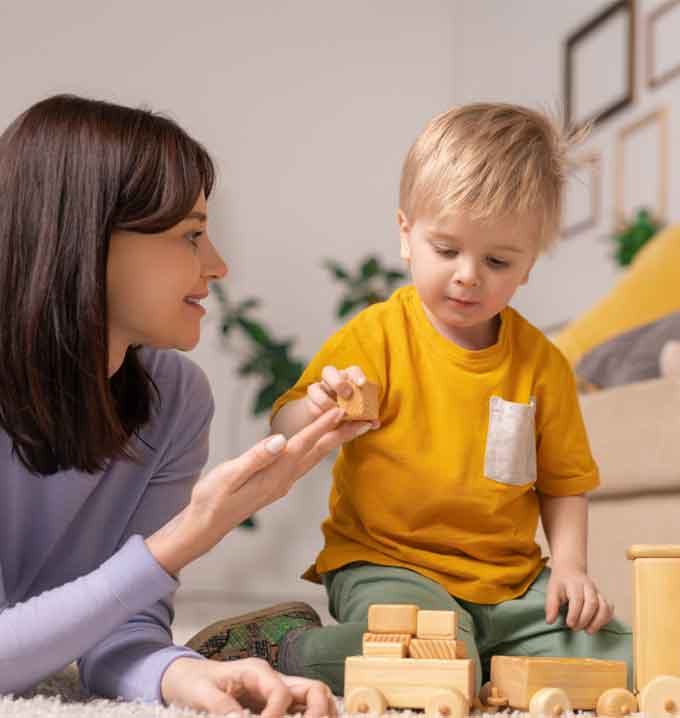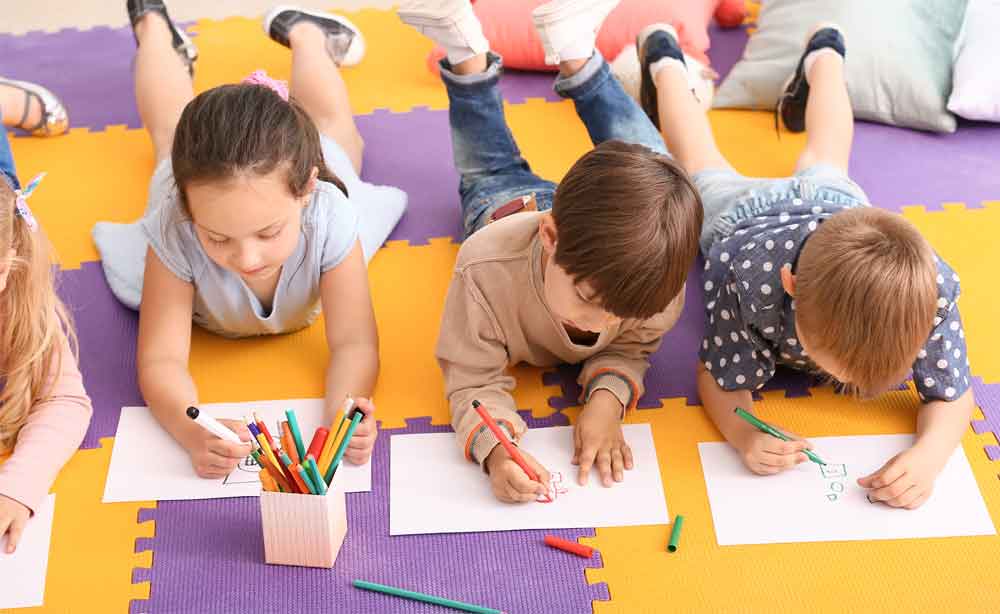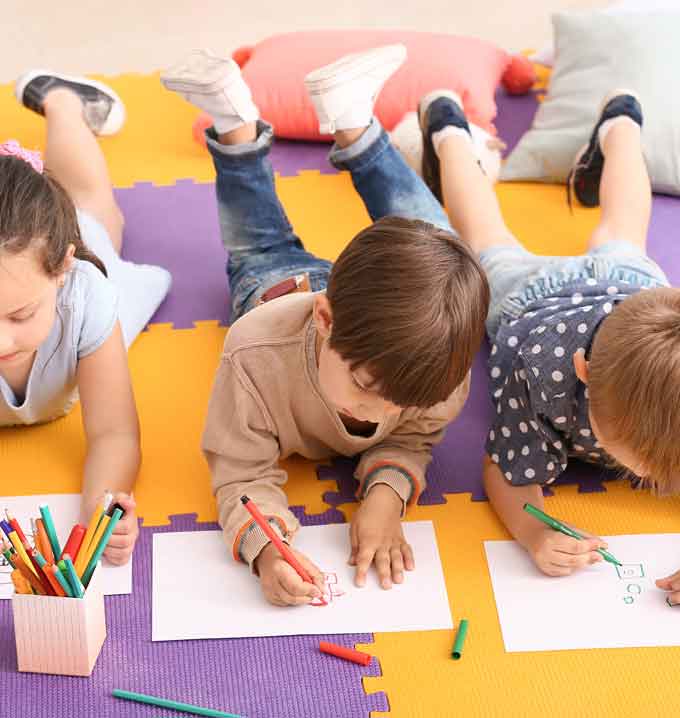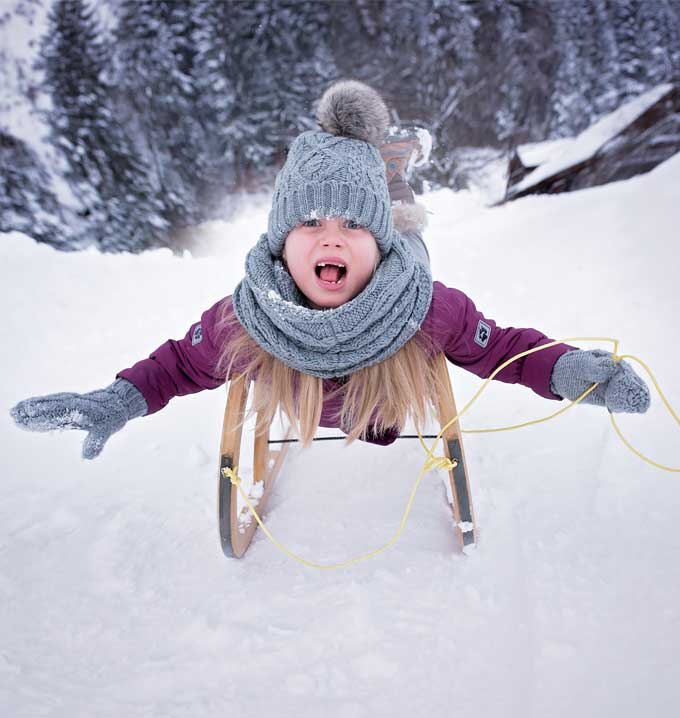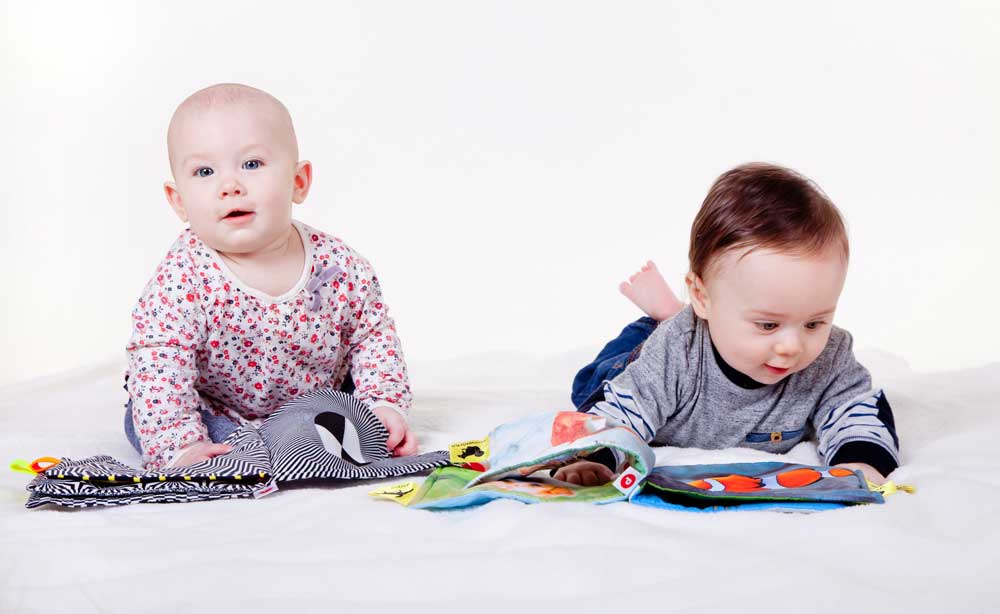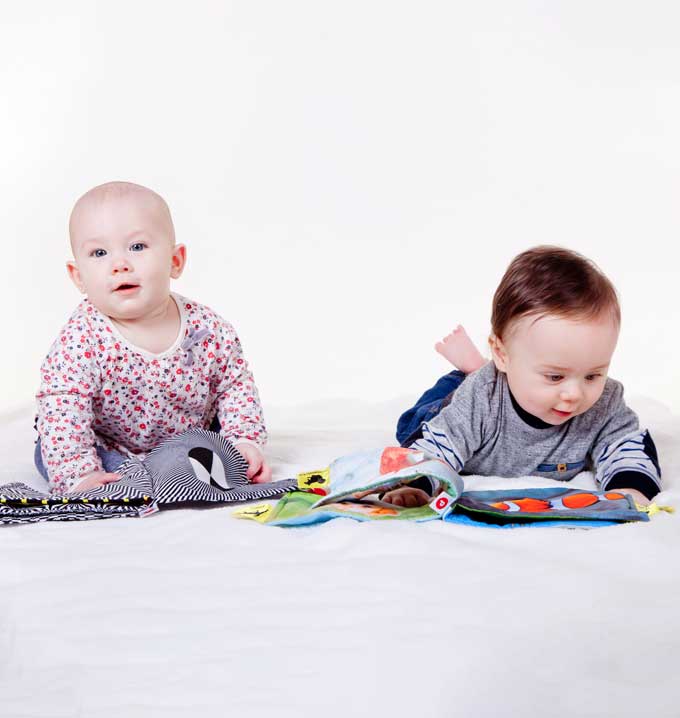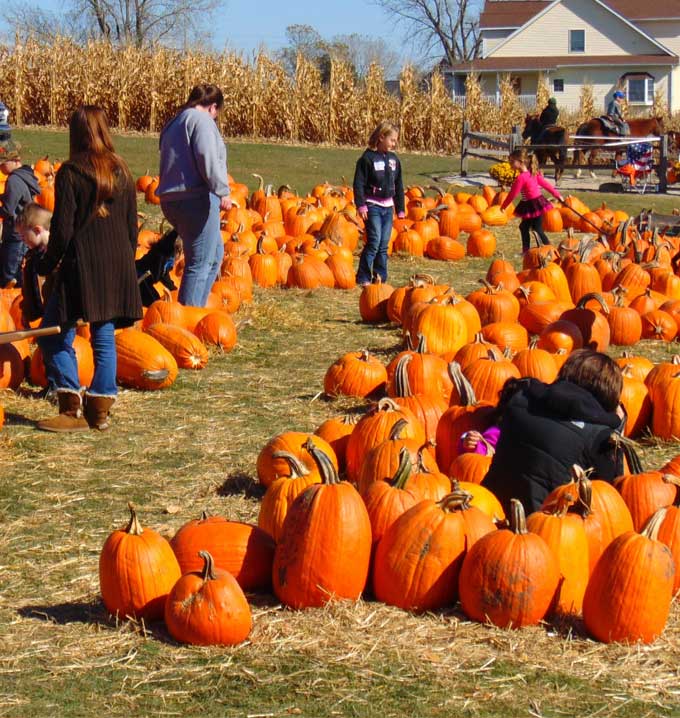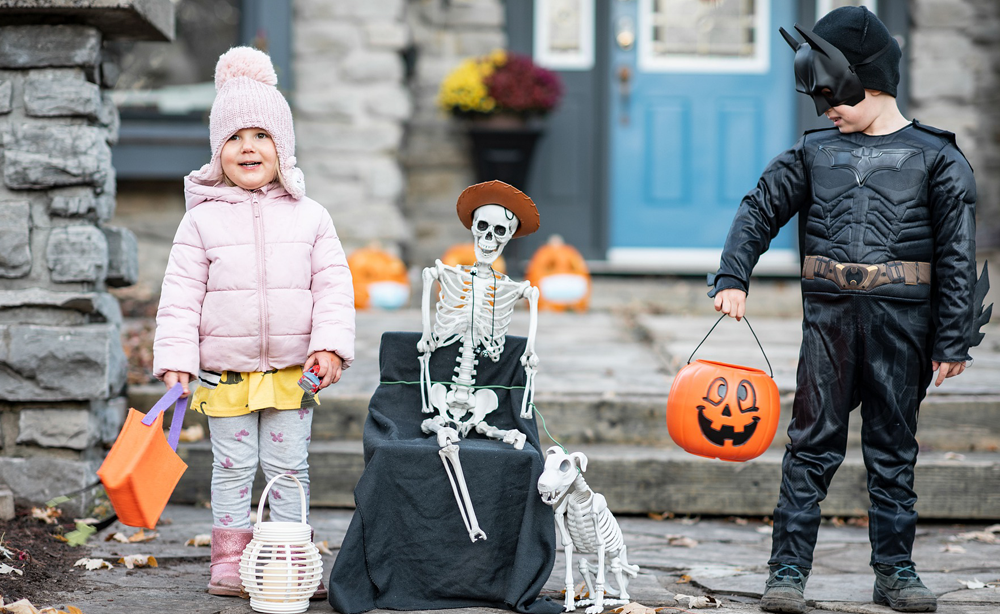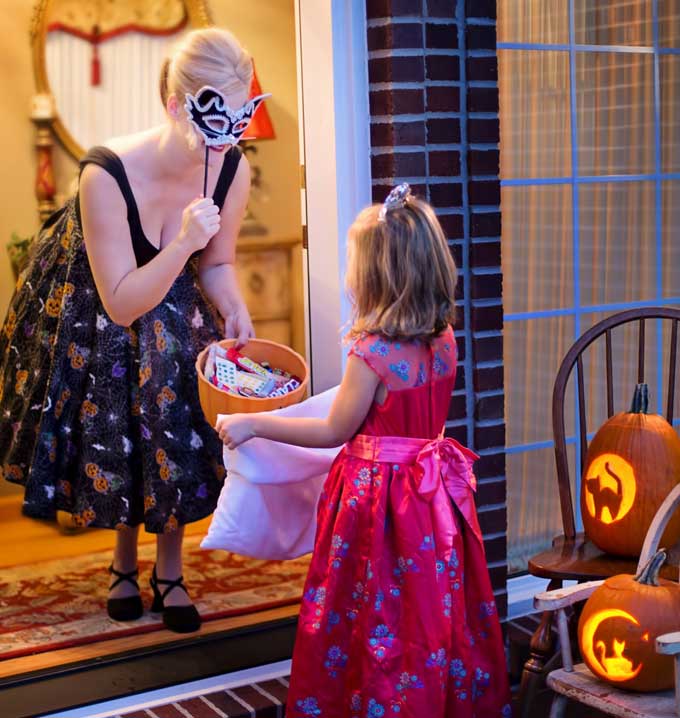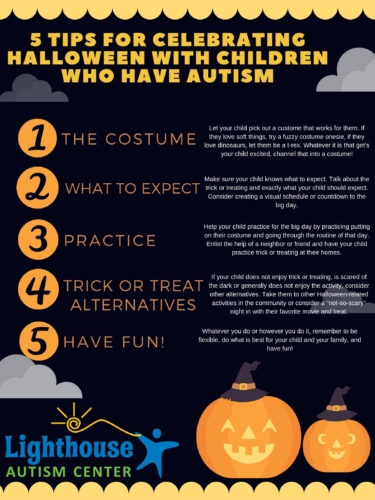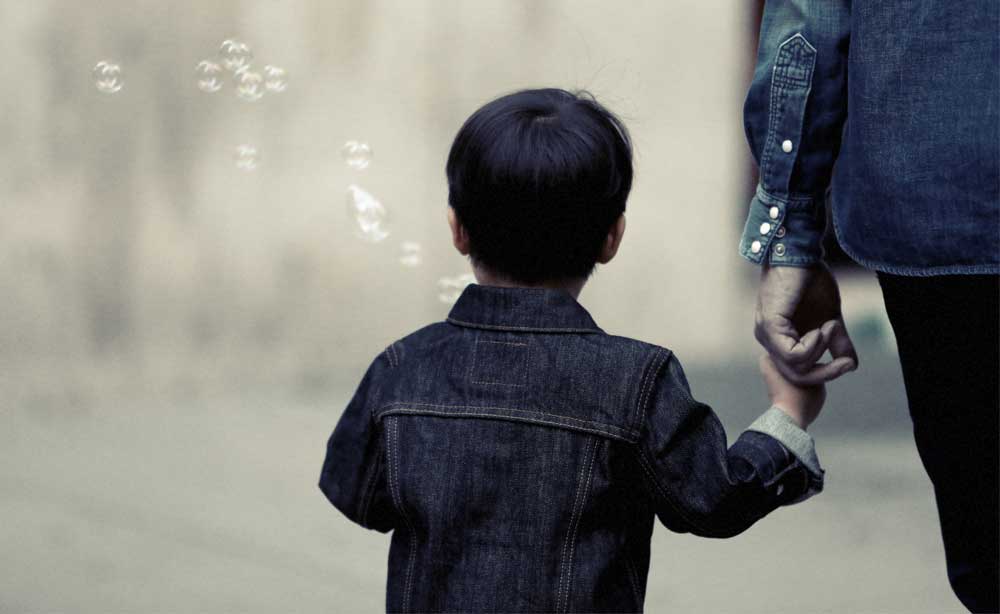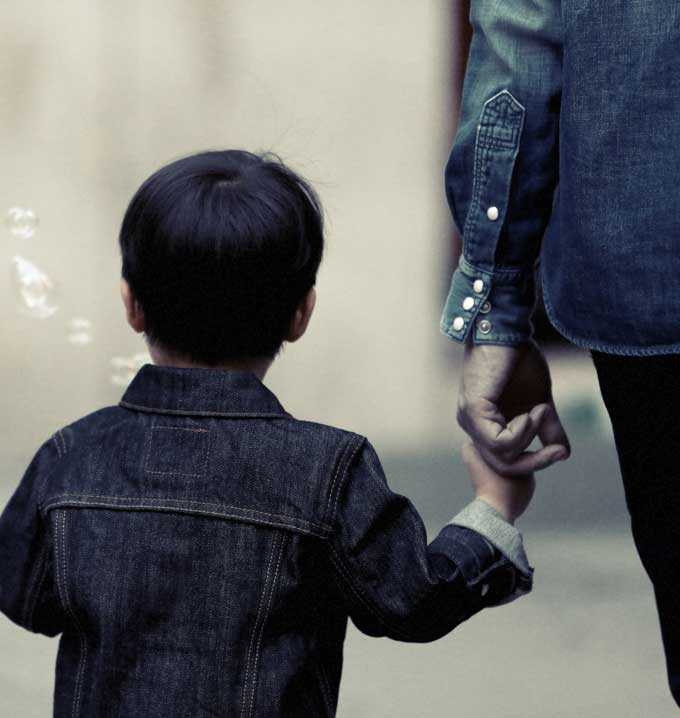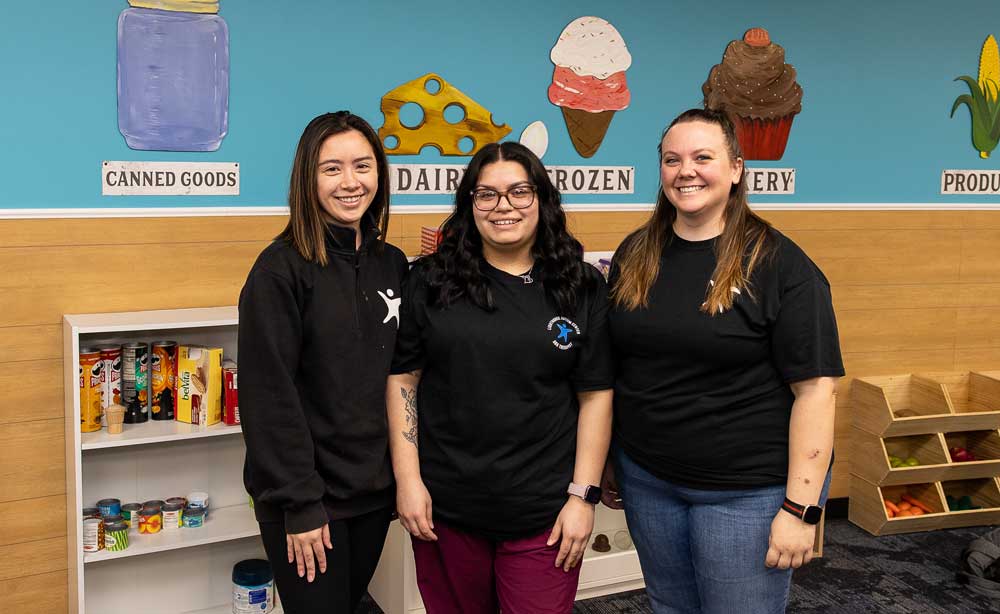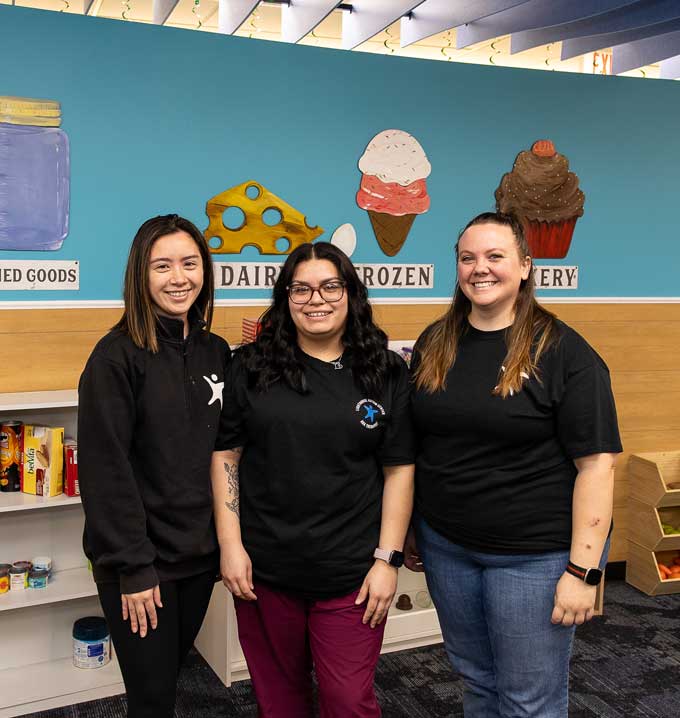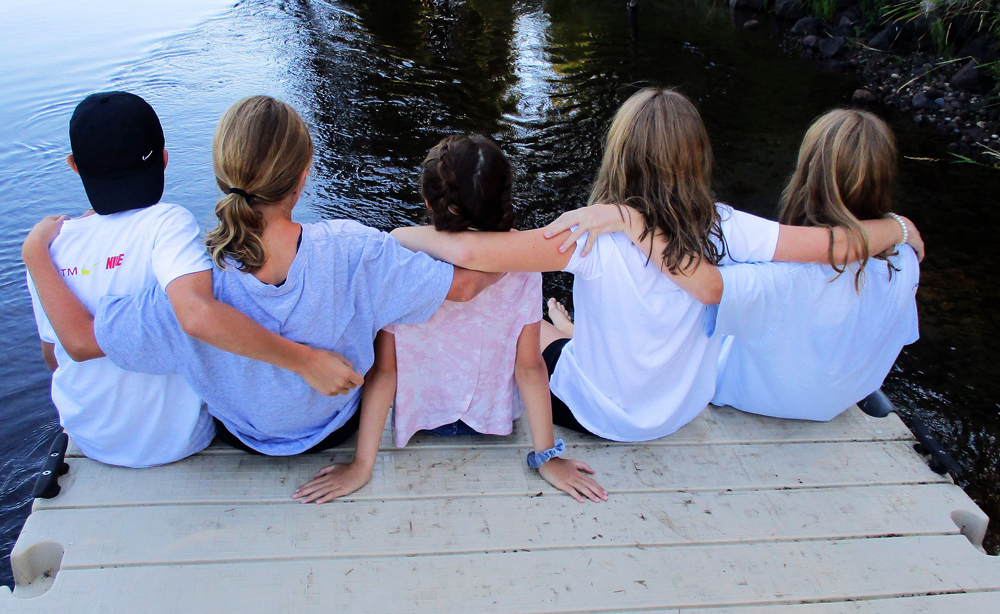Taking Your Autistic Child to the Dentist
For any child, and even adults, a trip to the dentist can often be filled with anxiety, fear, and discomfort. For a autistic child, especially, these feelings can be even further heightened by sensitivities to noise, smell, and touch. To make this experience better for both the child and family, Lighthouse Autism Center has compiled a list of ABA therapy tips to make taking your child to the dentist just a little bit easier.
Dental Care for Autistic Children: Making Dentist Visits a Bit Easier
With a little planning and patience, you can help your child feel more at ease before, during, and after a dentist visit. Below is a list of autism tips for caregivers that are commonly used during ABA therapy and may help your child during their next trip to the dentist.
Tip 1 – Prepare Your Child for the Visit

Start talking about the dentist visit several days, or even weeks, in advance. It’s recommended that you use calm, simple language to explain what will happen.
For example, you might say, “We’re going to visit a place where someone helps us take care of our teeth. You will sit in a chair. A nice man or woman will ask you to open your mouth so they can look at and touch your teeth. They want to make sure that your teeth are nice and healthy!”
Visual supports, like pictures or short videos of a dentist’s office, can also be helpful. These are simple ways to help children know what to expect and reduce anxiety about the unknown.
Tip 2 – Consider Visiting the Dentist Before Your Appointment
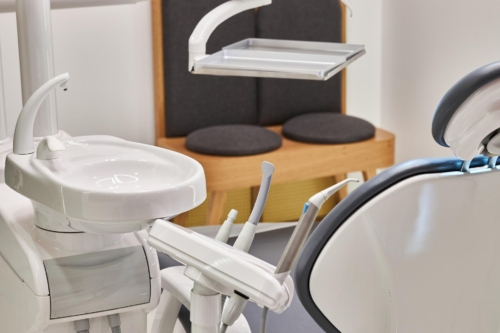
If your dental office allows it, ask about scheduling a short visit before the actual appointment. Walk your child through the waiting room, show them the chair, and say hello to the staff. This helps your child get used to the sights, sounds, and routine in a low-pressure way. The more your child is exposed to the space, the more comfortable they will become.
Tip 3 – Bring Familiar, Calming Items
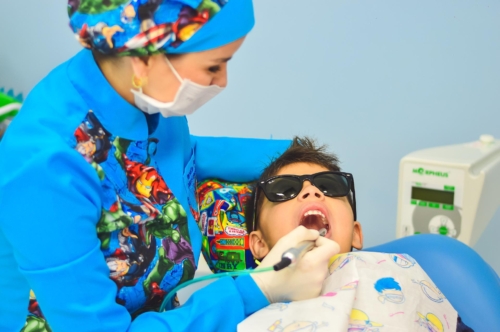
For the visit, it may be useful to bring items that help your child feel calm and secure, like a favorite toy, a tablet with relaxing music, or a small weighted blanket. Noise-canceling headphones and sunglasses can also help with bright lights or unfamiliar sounds.
Tip 4 – Practice at Home
Create “pretend dentist” time at home. Use a mirror and toothbrush to gently mimic the steps of a dental visit. To make it playful and fun, you can take turns being the patient and the dentist. Practicing these steps helps your child feel more prepared for what will happen at the appointment.
Tip 5 – Be Flexible and Follow Your Child’s Lead
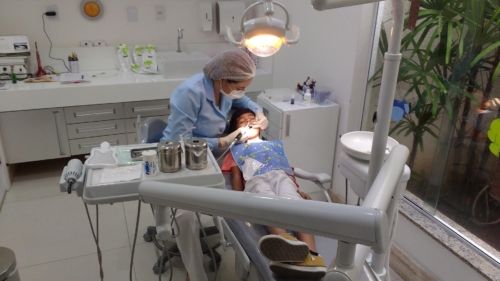
A trip to the dentist can be challenging for anyone. If your child begins to experience difficulty at the visit, or is visibly frustrated, scared, or uncomfortable, understand that they simply may not be ready or able to complete the visit that day, and that’s ok. You, as a parent or caregiver, know your child best.
Tip 6 – Choose the Right Time of Day
Try to schedule the appointment at a time when your child is usually well-rested and calm.
Some families find that mid-morning or early afternoon works best. Avoid scheduling visits right after school or during times your child may be tired or overstimulated.
Tip 7 – Celebrate the Little Wins
Use lots of praise and encouragement throughout the visit, even for small successes like walking into the office or sitting in the chair.
If your child uses a reward system, you can offer them something they enjoy after the appointment. Positive reinforcement can help build confidence and make future visits a little easier.
Tip 8 – Build Dental Care Into Your Daily Routine
Helping your child get used to brushing and oral hygiene at home can make dental visits smoother.
Start with short, gentle routines. You could use a timer, turn it into a song, or let your child choose their toothbrush. An ABA therapist can also help create a personalized plan to practice these steps over time.
Tip 9 – Look for an Autism-Friendly Dentist
Choosing a dentist who has experience with children on the autism spectrum can make all the difference.
Ask if they’re open to sensory accommodations, visual supports, or longer appointment windows. Finding an autism-friendly pediatric dentist can help create a space where your child can feel safe and understood.
Tip 10 – Consider Asking a Therapist To Attend the Visit
For those children who receive ABA therapy, some centers, like Lighthouse Autism Center, will send a therapist to help your family and child during the dental visit. They can be a helpful resource for you and your child by applying ABA therapy techniques.
We’re Here To Support You
Every child’s journey is unique, and that’s okay. Whether you’re preparing for your first visit to the dentist or looking for new ways to support your child through daily life, know that you’re not alone.
At Lighthouse Autism Center, we’re here to walk alongside families like yours every step of the way.


